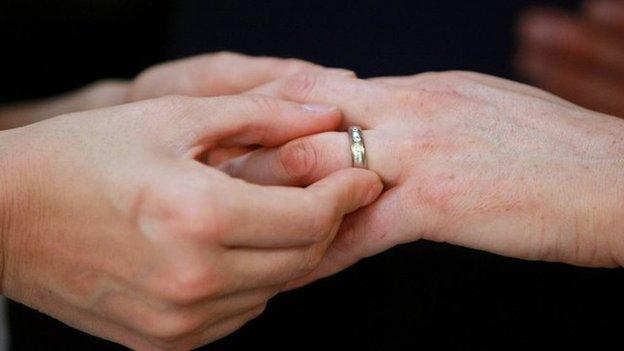London Pride parade: History of gay rights in the UK
- Published
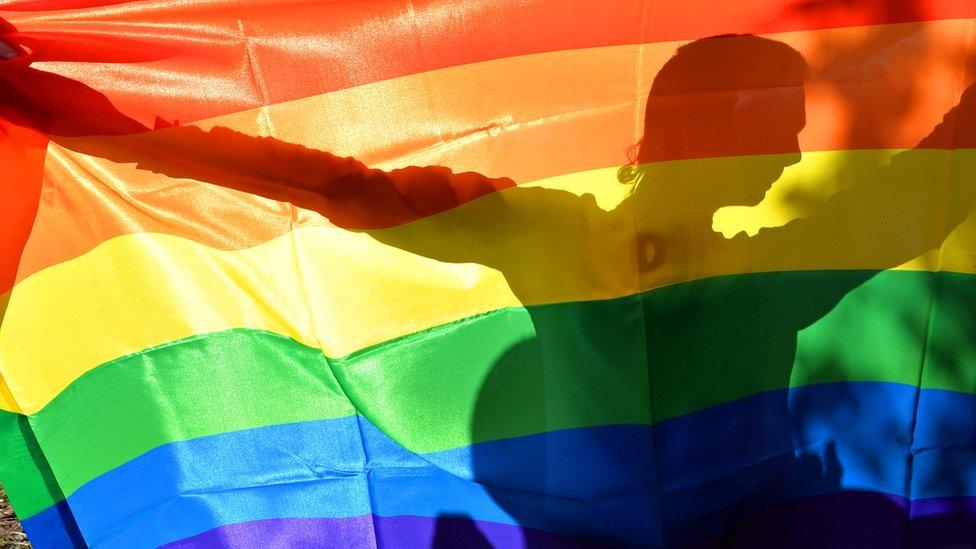
The Pride parade in London is taking place on Saturday 2 July.
Pride is a global movement fighting for equal rights for LGBT people all over the world.
LGBT stands for lesbian, gay, bisexual and transgender. Sometimes a Q+ is added which stands for queer and + is an inclusive symbol to mean 'and others' to include people of all identities.
As well as an opportunity to raise awareness of the fight for equal rights for the LGBT community, Pride is also a celebration of diversity.
June is particularly significant as this is Pride Month in the US, which is where the movement fighting for gay rights began with the Stonewall riots in June 1969.
Find out more about the riots that started the Pride movement
Pride has been celebrated all over the world over the last few weeks.
The Pride celebrations in 2017 were particularly significant as they marked the 50-year anniversary since it stopped being illegal for two men to be in a relationship in England and Wales.
This is called the decriminalisation of homosexuality, and meant that this wasn't going to be a crime anymore. The law changed in Northern Ireland and Scotland later, but it was never illegal for two women.
Even though the law changed in the UK, it is still illegal to be gay in some parts of the world. Campaigners continue to work hard to get equal rights for gay people all over the world.
So what's happened in the UK and how have things changed?
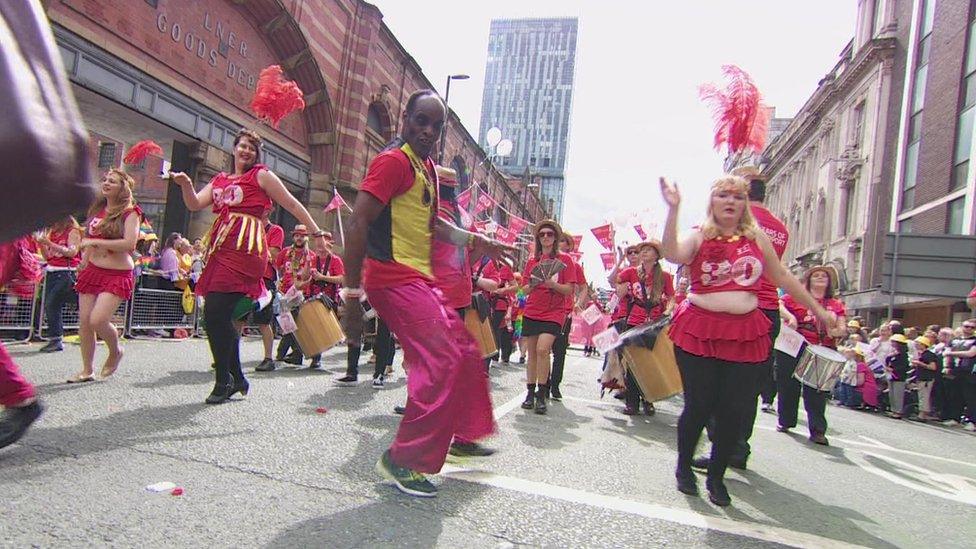
Performers at Manchester's Pride festival in 2016 danced their way down one of the city's main streets

What was life like for gay people?
For hundreds of years, gay people have struggled to be accepted and treated the same way as people who are not gay.
They have been oppressed and even killed because of who they have feelings for.
WATCH: It was a 'very lonely' life when being gay was illegal (August 2017)
Professor Brian Heaphy, an expert from the University of Manchester, explains: "Homosexuality was often treated as an illness by doctors and psychiatrists, who thought they could 'heal' people by treating them.
"Lesbian, gay, bisexual and transgender people were often forced to hide their identities from their families, friends, colleagues and in public to avoid the risk of being singled out, harassed or becoming a victim of violence."
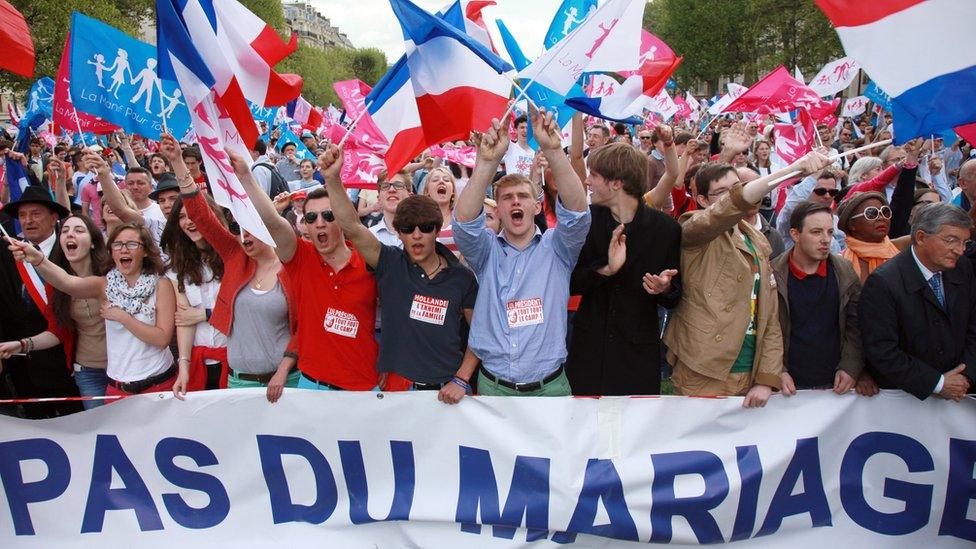
This photo shows people in France protesting against gay marriage (the banner says 'No marriage' in French)
There were laws that stopped gay people from having the same rights as people who were not gay. For example, gay people couldn't get married or adopt children.
Up until 1967, gay and bisexual men could face a maximum sentence of life in prison if they broke the law around homosexuality.

What changed?
In the 1950s, a group was set up to look at the way gay men were treated by the law. It put together a report for the government that recommended that the law should be changed.
The government did not make the changes at first and more people started to campaign for the rights of gay people.
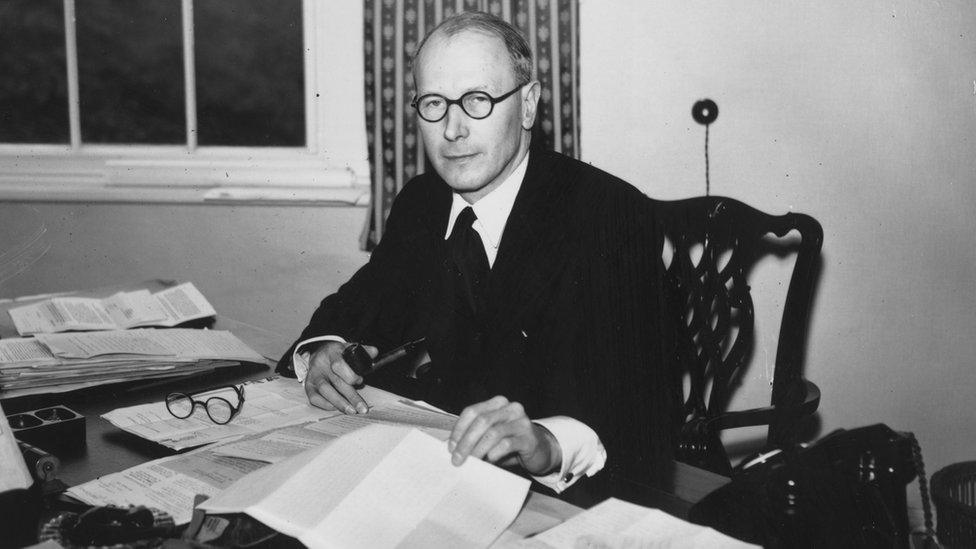
This man, John Wolfenden, led the group which made recommendations to the government about how the law should be changed
Eventually, the law was changed in 1967, which allowed two men to be in a relationship together without the fear of being arrested.
Even though this happened, there were still many laws in place at the time which meant that gay people did not have the same rights as people who were not gay.
More gay men were arrested after 1967 for things which they would not have been arrested for if their partner had been a woman.

What has happened since?
The change in the law in 1967 was just the beginning of many changes to improve gay people's rights.
1969 - A series of demonstrations in New York called the Stonewall riots started after the police raided a bar called the Stonewall Inn, which was a popular place for gay people to hang out. It is said to be the start of the movement of people fighting for gay rights in the US.
"At Pride, gay people felt they could be seen in public and show their faces. It was about being seen as gay, being proud and not needing to hide.
1972 - The first Pride festival, which celebrates the gay community and supports equal rights, took place in London on 1 July. 2,000 people took part. Now, more than one million people celebrate it in the UK's capital, and Pride events take place all over the world.
1988 - A law called Section 28 was introduced which meant that teachers were not allowed to 'promote' gay relationships in schools. Many people argued that this prevented teachers from talking about gay relationships. It wasn't until 2003 that this was overturned.
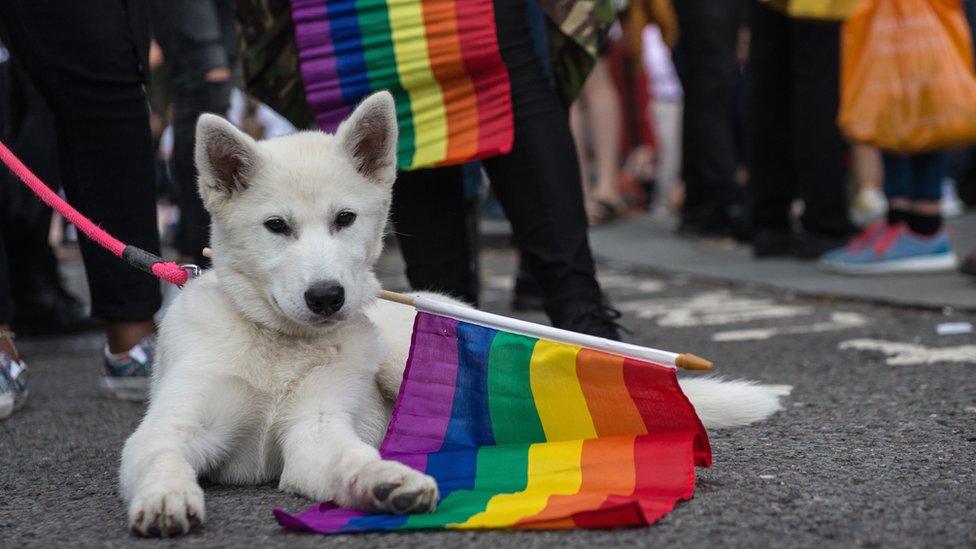
The rainbow flag is a symbol of gay pride
2000 - A law was changed which allowed gay, bisexual and transgender people to be in the armed forces.
2002 - A law was changed to allow same sex couples (and also unmarried couples) to adopt children.
2000 in Scotland and 2003 in England and Wales - The ban on 'promoting' homosexuality in schools (Section 28) was overturned.
WATCH: Find out more about the rainbow flag - a symbol of gay pride all over the world
2004 - This year marked the start of civil partnerships for same sex couples. This meant that they had similar rights to people who were married, but civil partnerships are not exactly the same as marriage. Some people did not think it was good enough and that gay people should be allowed to get married.
2008 - It became illegal to encourage homophobic hatred.
2013 - Gay marriage was made legal in England and Wales, and later in Scotland. In Northern Ireland, gay marriage became legal in 2019.

What is the situation now?
A lot has changed in the UK.
In 2017, Peter Tatchell - a gay rights campaigner - told Newsround: "We have made fantastic progress. Compared to two decades ago, Britain is almost a different country. All the main anti-gay laws have been abolished. We are now one of the best countries in the world for gay equality."
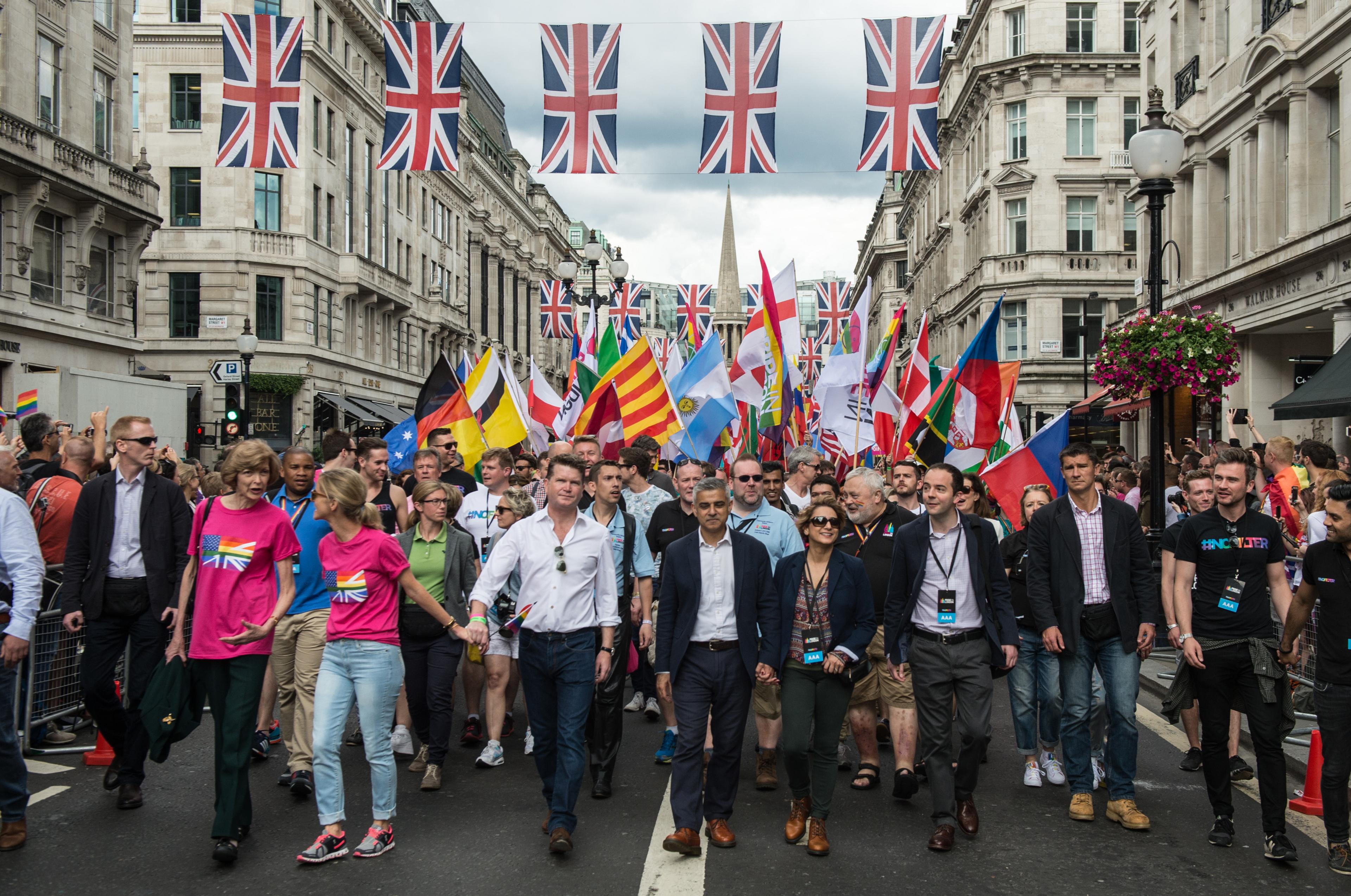
The London Mayor Sadiq Khan and his wife Saadiya Khan led the Pride march in London in 2016
Men who were convicted under the old laws that made being gay illegal can apply to have these taken off their record.
Peter says that attitudes towards gay people have changed too.
Treating somebody differently because of their race, religion, gender or sexuality (for example, for being gay) is called discrimination
"Public attitudes are much more supportive, although there are still families who reject their gay children. We still have too much homophobic hate crime, many kids are still bullied and a lot of schools don't have an anti-bullying programme that specifically addresses anti-gay issues.
"There is big progress, but more needs to be done."
Today it is illegal to discriminate against somebody because of their sexuality or gender, although many gay people face discrimination in their daily lives.
Peter says: "We want to get to a situation where no one cares what sexuality you are; where we accept the person and their right to love whoever they wish - male, female, both or neither."
- Published30 June 2021
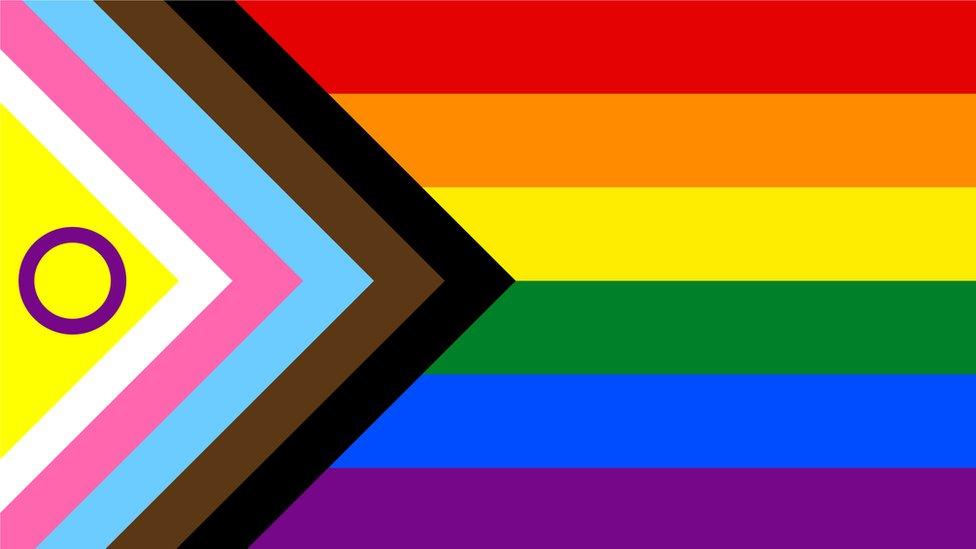
- Published31 January 2017
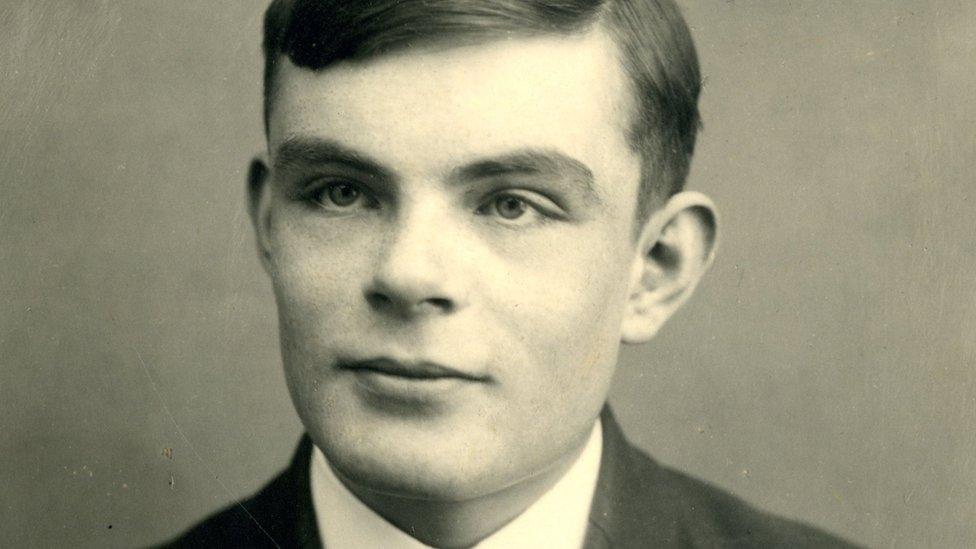
- Published17 November 2014
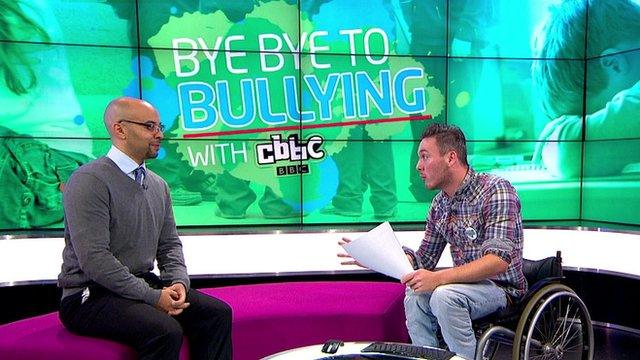
- Published29 March 2014
